Back to Courses

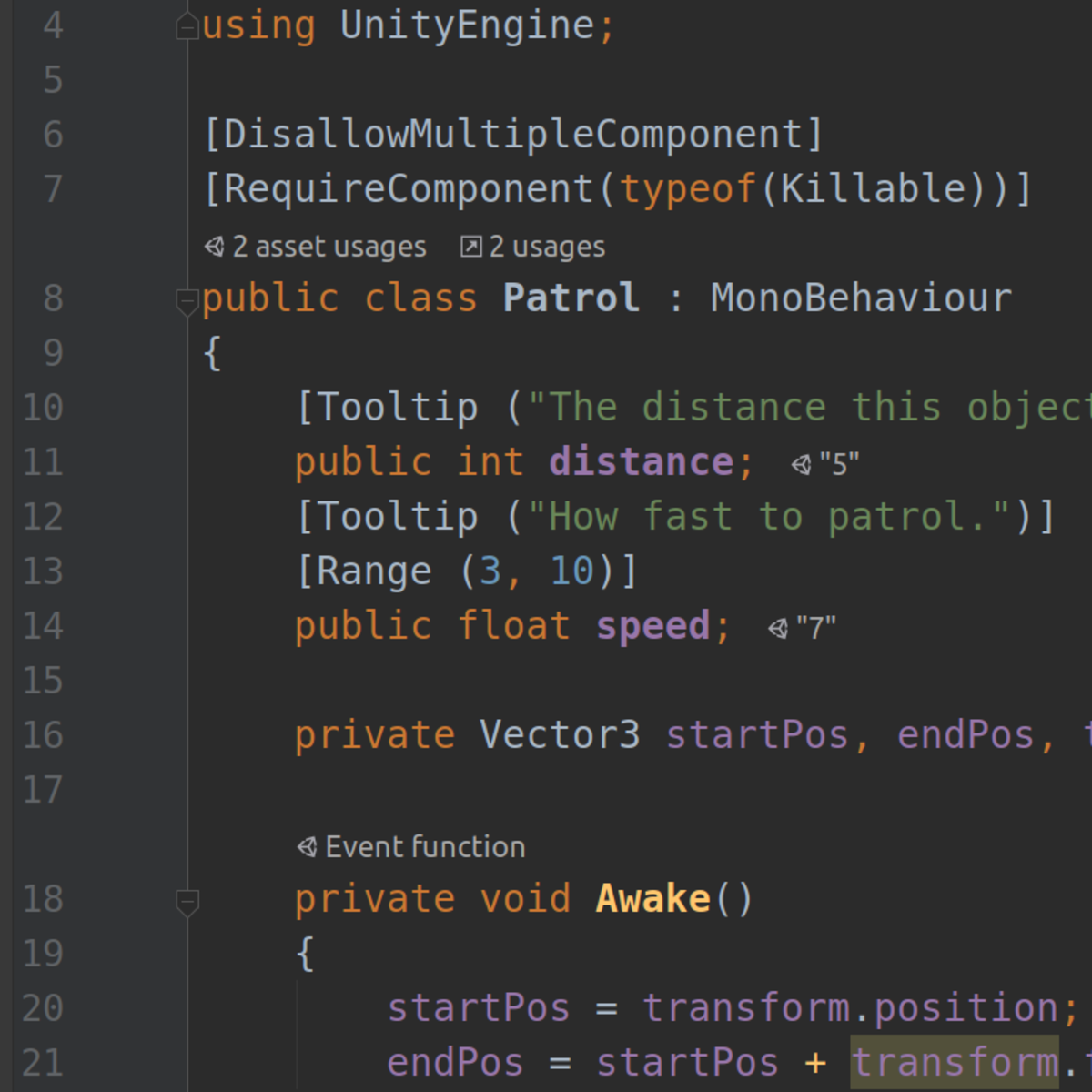
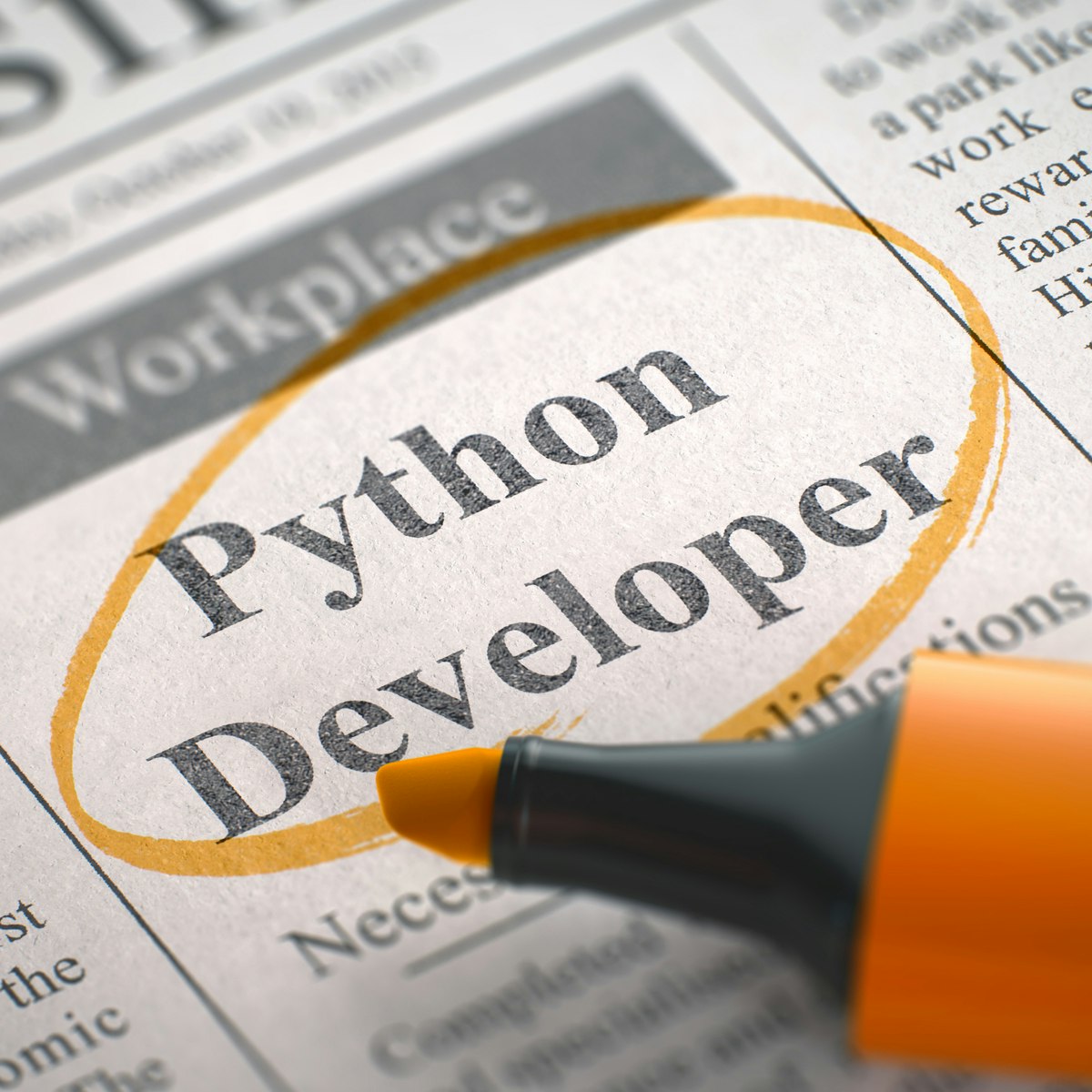
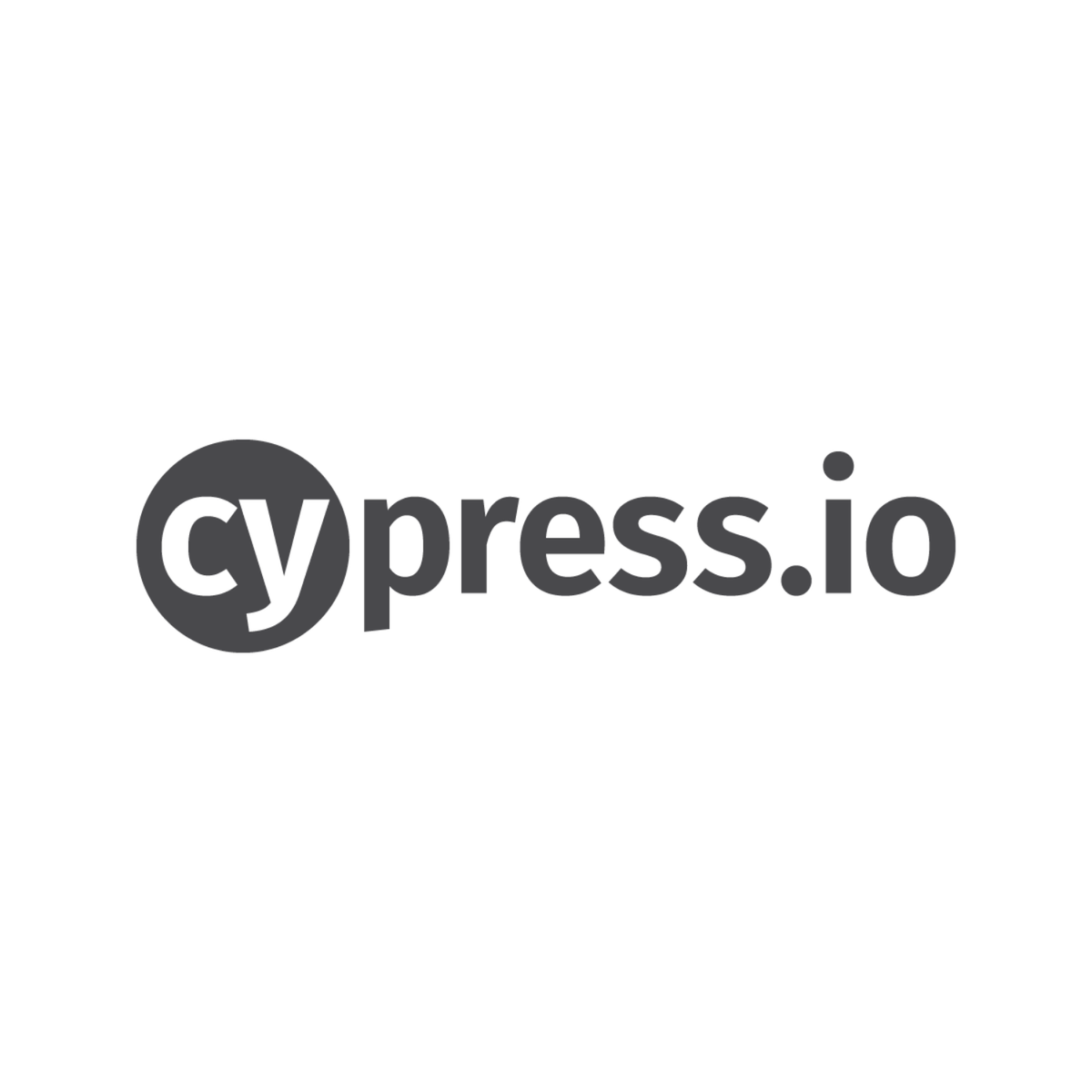

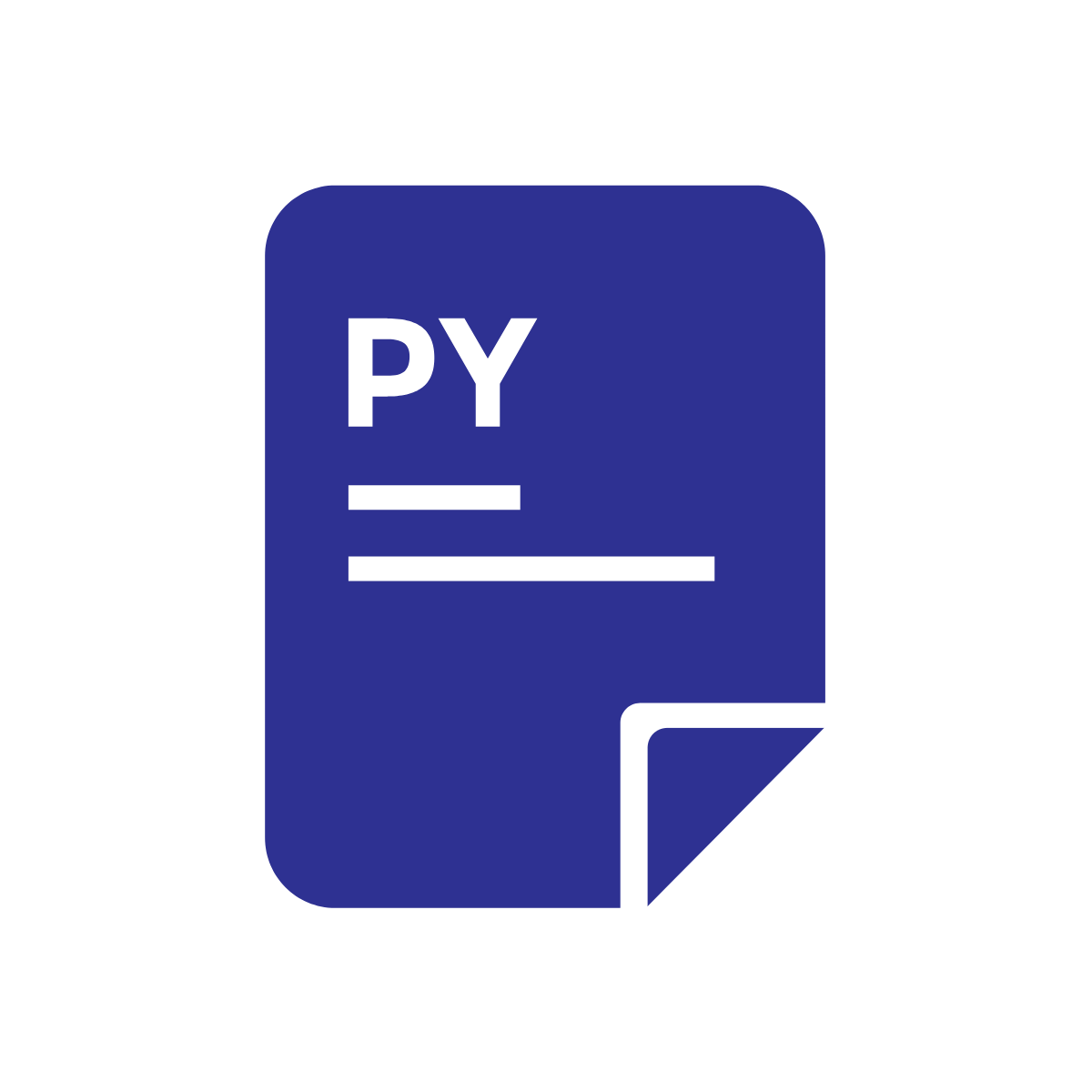


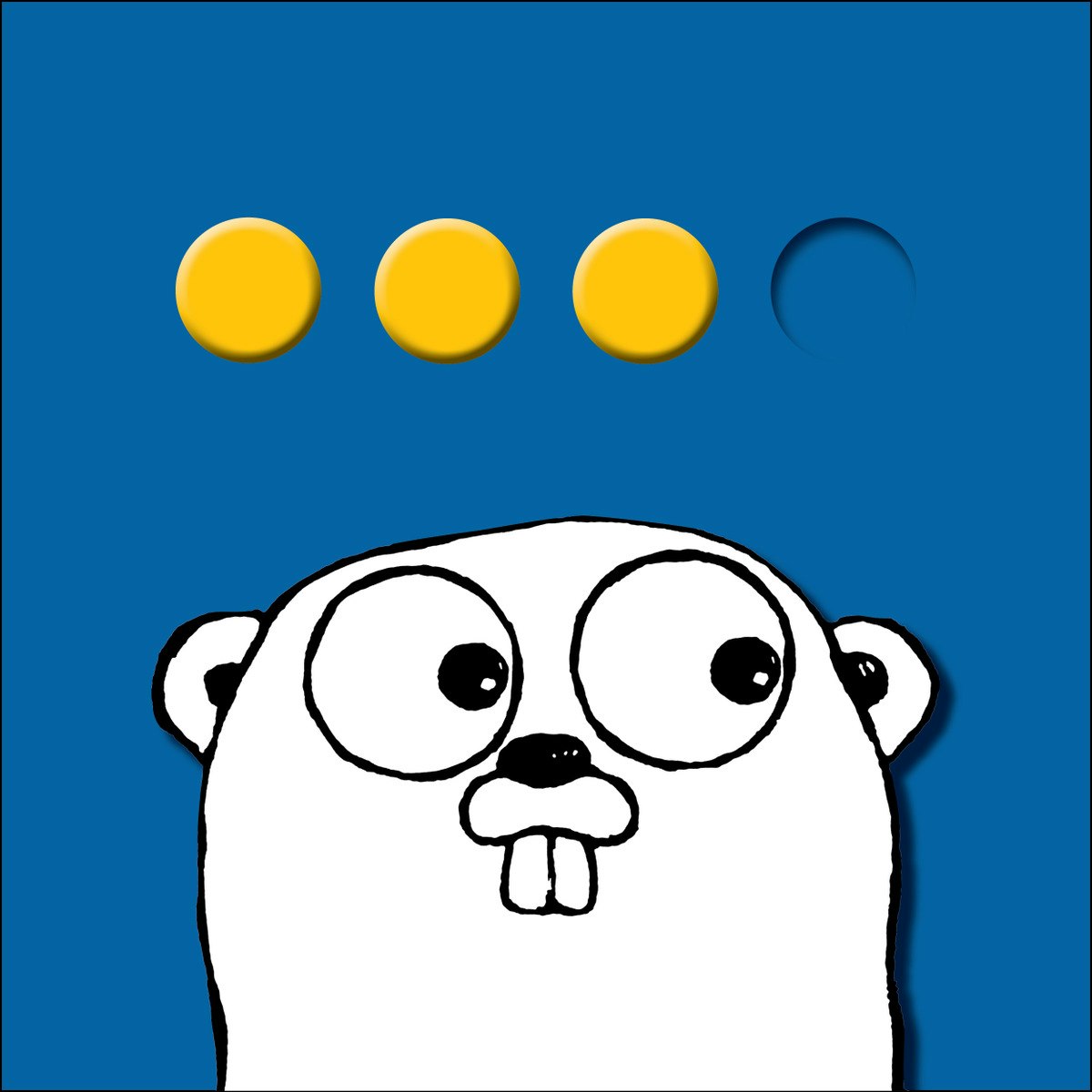
Software Development Courses - Page 3
Showing results 21-30 of 1266

Introduction to Programming with MATLAB
This course teaches computer programming to those with little to no previous experience. It uses the programming system and language called MATLAB to do so because it is easy to learn, versatile and very useful for engineers and other professionals. MATLAB is a special-purpose language that is an excellent choice for writing moderate-size programs that solve problems involving the manipulation of numbers. The design of the language makes it possible to write a powerful program in a few lines. The problems may be relatively complex, while the MATLAB programs that solve them are relatively simple: relative, that is, to the equivalent program written in a general-purpose language, such as C++ or Java. As a result, MATLAB is being used in a wide variety of domains from the natural sciences, through all disciplines of engineering, to finance, and beyond, and it is heavily used in industry. Hence, a solid background in MATLAB is an indispensable skill in today’s job market.
Nevertheless, this course is not a MATLAB tutorial. It is an introductory programming course that uses MATLAB to illustrate general concepts in computer science and programming. Students who successfully complete this course will become familiar with general concepts in computer science, gain an understanding of the general concepts of programming, and obtain a solid foundation in the use of MATLAB.
Students taking the course will get a MATLAB Online license free of charge for the duration of the course. The students are encouraged to consult the eBook that this course is based on. More information about these resources can be found on the Resources menu on the right.

Diabetic Retinopathy Detection with Artificial Intelligence
In this project, we will train deep neural network model based on Convolutional Neural Networks (CNNs) and Residual Blocks to detect the type of Diabetic Retinopathy from images. Diabetic Retinopathy is the leading cause of blindness in the working-age population of the developed world and estimated to affect over 347 million people worldwide. Diabetic Retinopathy is disease that results from complication of type 1 & 2 diabetes and can develop if blood sugar levels are left uncontrolled for a prolonged period of time. With the power of Artificial Intelligence and Deep Learning, doctors will be able to detect blindness before it occurs.

Manipulate Object Properties with C# in Unity
In this two-hour, project-based course, you’ll use Unity to learn about directly manipulating certain properties of GameObjects, including color, scale and position. In a simple space environment, you'll calculate distances between objects to derive color, use random numbers to teleport, and use Unity’s physics engine to engage gravity and make objects bouncy!
This Unity guided project is focused on C# coding.

Python Programming Essentials
This course will introduce you to the wonderful world of Python programming! We'll learn about the essential elements of programming and how to construct basic Python programs. We will cover expressions, variables, functions, logic, and conditionals, which are foundational concepts in computer programming. We will also teach you how to use Python modules, which enable you to benefit from the vast array of functionality that is already a part of the Python language. These concepts and skills will help you to begin to think like a computer programmer and to understand how to go about writing Python programs.
By the end of the course, you will be able to write short Python programs that are able to accomplish real, practical tasks. This course is the foundation for building expertise in Python programming. As the first course in a specialization, it provides the necessary building blocks for you to succeed at learning to write more complex Python programs.
This course uses Python 3. While many Python programs continue to use Python 2, Python 3 is the future of the Python programming language. This first course will use a Python 3 version of the CodeSkulptor development environment, which is specifically designed to help beginning programmers learn quickly. CodeSkulptor runs within any modern web browser and does not require you to install any software, allowing you to start writing and running small programs immediately. In the later courses in this specialization, we will help you to move to more sophisticated desktop development environments.

Learn Cypress UI test automation with real-time scenarios
Cypress is a complete end-to-end test automation tool built to test modern-day web applications. It is capable of automating both UI and API. This project is for beginner's in Cypress and helps you automate real-time scenarios like --
1. Understanding Cypress and its architecture
2. Integration with form elements
3. Adding assertions to the test cases
4. Handling multiple elements
5. Scroll down operation
6. IFrame handling
7. Drag and drop operation
8. Multiple tab handling
9. Fixtures in Cypress

Distributed Load Testing Using Kubernetes
This is a self-paced lab that takes place in the Google Cloud console.
Lab has instructions to conduct distributed load testing with Kubernetes, which includes a sample web application, Docker image, and Kubernetes deployments/services.

Python Scripting: Dates, Classes and Collections
This course is the second course in a series that aims to prepare you for a role working as a programmer. In this course, you will be introduced to the four main concepts in programming: Advanced String Operations and Dates, Modeling Classes, Development of Classes and Collections. Labs will allow the students to apply the material in the lectures in simple computer programs designed to re-enforce the material in the lesson.

Software Design Methods and Tools
Since many software developers are compulsive coders, they have created software over the years to help them do their job. There are tools which make design and its associated tasks easier. The course introduces some basic tools and techniques to help you with design. Tools aren’t always tangible, however. The last two lessons of this course discuss questions of Ethics in software development. The purpose here is, as with tools, to equip you to better carry our your responsibilities as a designer. Students will be required to have a prior knowledge of writing and delivering software and some programming knowledge in java.

Apply basic testing for your Django web application
In this 2-hour long project-based course, you will learn how Django's rich testing framework work, and how to use it to test your web apps. You will create a simple Django project with two apps, and you will create test methods to cover model and view methods. Using the Client object, you will write code that virtually interact with your form. You will run the tests and improve your code based on the results of the tests.
Note: This course works best for learners who are based in the North America region. We’re currently working on providing the same experience in other regions.

Concurrency in Go
Learn how to implement concurrent programming in Go. Explore the roles of channels and goroutines in implementing concurrency. Topics include writing goroutines and implementing channels for communications between goroutines. Course activities will allow you to exercise Go’s capabilities for concurrent programming by developing several example programs.
Popular Internships and Jobs by Categories
Find Jobs & Internships
Browse
© 2024 BoostGrad | All rights reserved